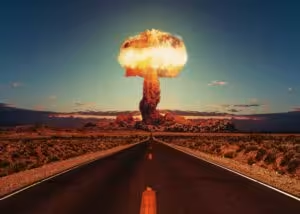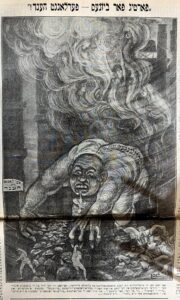In 1986, the Nuclear Control Institute, in cooperation with the Institute for Studies in International Terrorism of the State University of New York, convened the International Task Force on Prevention of Nuclear Terrorism, comprised of twenty-six nuclear scientists and industrialists, current and former government officials, and experts on terrorism from nine countries. The report issued by the Task Force, along with more than twenty commissioned studies, remains the most definitive examination of nuclear terrorism in the unclassified literature. The Task Force warned that the “probability of nuclear terrorism is increasing” because of a number of factors including “the growing incidence, sophistication and lethality of conventional forms of terrorism,” as well as the vulnerability of nuclear power and research reactors to sabotage and of weapons-usable nuclear materials to theft. The Task Force’s warnings and its recommendations for reducing vulnerabilities, many of which went unheeded, are all the more relevant in today’s threat environment of sophisticated and suicidal terrorists dedicated to mass killing and destruction.
There is now intense national and international attention to the risks of nuclear terrorism. The possibilities that al Qaeda might acquire the materials and the knowledge for building nuclear weapons or “dirty bombs” or might attack commercial nuclear-power facilities to trigger a nuclear meltdown, are of particular concern. The Nuclear Control Institute has been alerting the public and policymakers to these risks, seeking emergency measures to reduce the vulnerabilities, and monitoring and assessing the responses of industry, governments and international agencies.






















